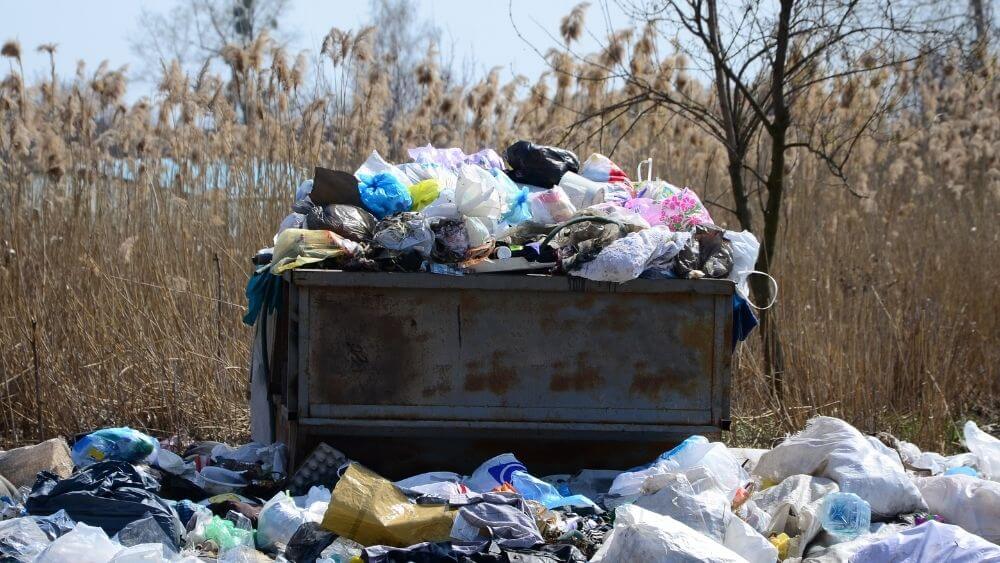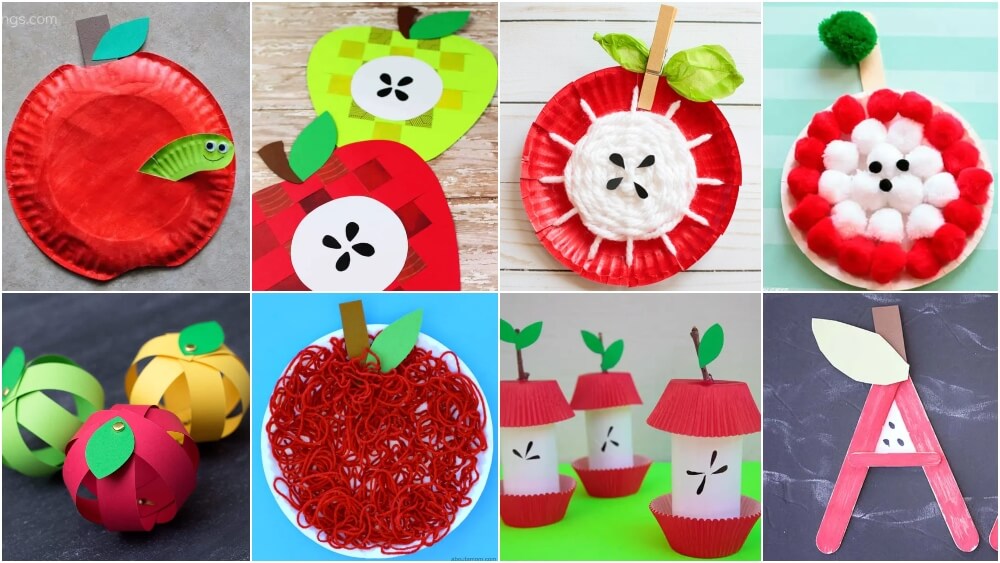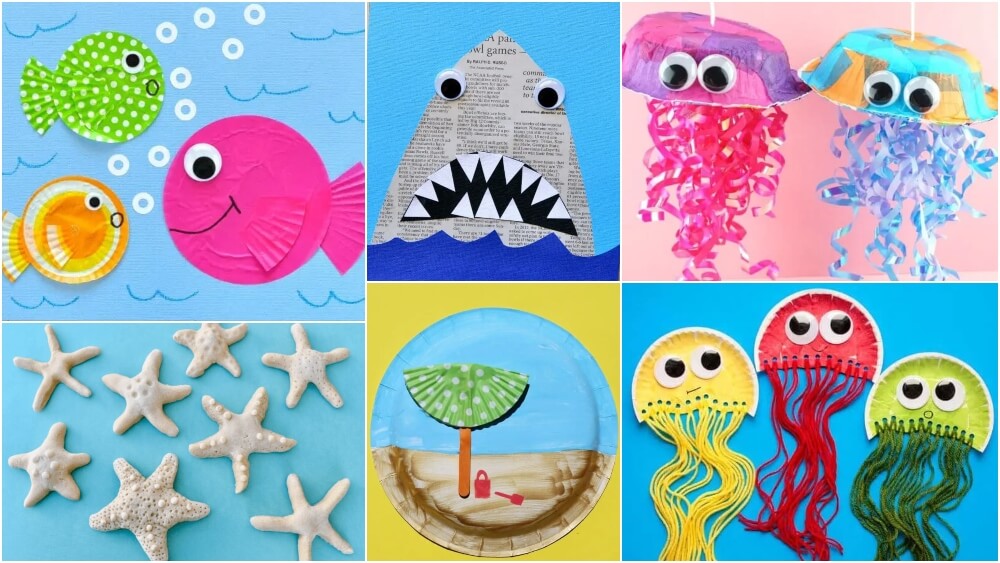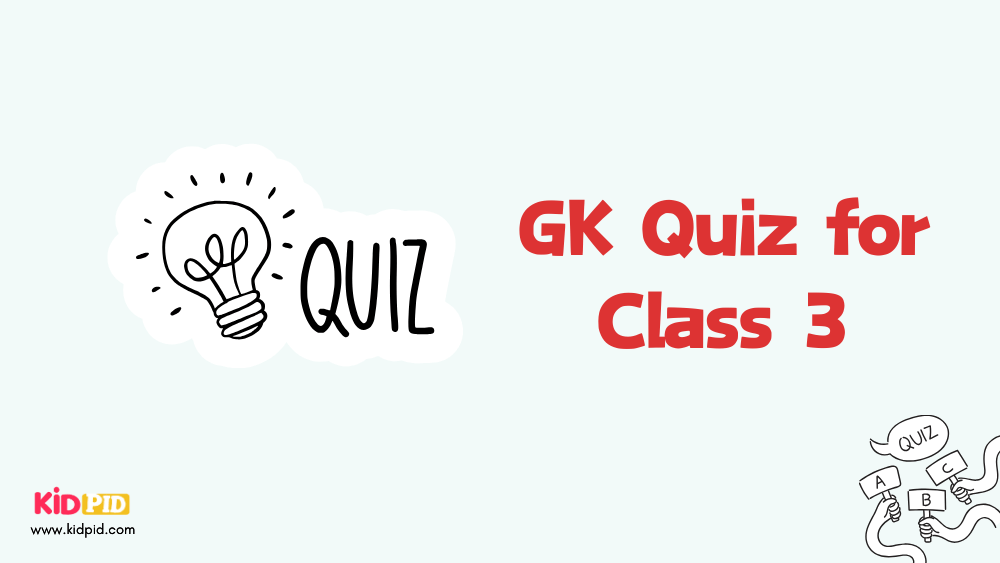Garbage In Garbage Out

Garbage refers to anything that is no longer useful to us or any unwanted material which we no longer require. It can be anything from kitchen waste, plastic bags to old bags, containers, whether it is dry or wet waste which we want to dump. We see garbage everywhere we go.Some are well dumped while some are thrown just like that.
What if it happens that the waste which is thrown by us is not properly managed or dumped for example we through garbage of our house in the nearby Dustin and for several days that garbage remains there with no proper management the simple answer to this is it will spread disease which will harm us so we need to know how the waste is managed so, we will learn more about it.
Contents
Managing Waste
Managing or disposing of waste or say garbage is a few step process managed by many people in between.
- First the waste which is thrown by us is collected and cleaned by the cleanliness workers who work too hard to fulfil all their duties.
- The waste which is collected by them is being disposed of in a big area called landfill.
- Landfill – Landfill is big low lying area across the city. Where all the garbage of a specific city is dumped.
- In this process the waste which is reusable and the waste which cannot be used further are separated out and spread as a thin layer in landfill.
- Landfills are designed not to break down the waste but to only store it.
- The waste is sealed in an oxygen free environment covered with soil.
- The useful garbage is collected separately from the landfill in a compost bin to make compost which are created near landfill.
Composting
- Composting refers to the process of breaking down organic material from the reusable garbage which is being separated from the landfill while
- compost is defined as decayed organic material which is used as a fertilizer for growing plants by the farmers.
- The reusable garbage which can be put into a compost bin usually includes carbon rich materials like:-
- Branches,
- Stems,
- Dried leaves
- Peels (including both fruit peels as well as vegetable peels)
- Bits of wood
- Bark dust or sawdust pellets
- Shredded brown paper bags
- Corn stalks
- Coffee filters
- Coffee grounds
- Conifer needles
- Egg shells
- Straw
- Wood , ash etc.
- This process of composting helps to protect our environment as well as plants get organic food in the form of fertiliser.
- Composting can be of many types but the type we will learn about is called ‘Vermicomposting’.
Vermicomposting
- Vermicomposting is a type of composting where the organic waste or we can say the reusable waste is composed into fertilisers or a humus like material known as vermicompost with the help of worms or earthworms.
- Vermicomposting refers to the composting in which the waste products or materials are decomposed with the help of worm.
- Vermicompost refers to the product left after the process of vermicomposting.
- While the rearing of different types of worms for this process is called vermiculture.
Composting v/s Vermicomposting
Now, if you are wondering how is a normal composting different from vermicomposting then here is your answer there is not a big difference between the if we look closely then we can find only two difference between them
- First, In normal composting the waste is left untouched and is waited to turn into organic matter with the help of environmental heat and period of time.
- While in vermicomposting worms are used to turn waste into organic matter .
- Secondly, vermicomposting is a much faster process of decomposition.
- Because worms break down the waste much faster.
Recycling of waste
- Recycling is a procedure of converting waste product into some thing useful.
- Recycling is processing used materials (waste) into new, useful products.
- This is done to reduce the use of raw materials that would have been used.
- Recycling helps in protecting the enviornment by reducing the waste produced.
- Through recycling we are able to use the waste product by converting it into something useful which can be used all over again.
- Reduce, Reuse, and Recycle” waste hierarchy.
- This is an important step for waste management as well as to protect our environment .
Plastic – A curse or blessing
- Plastic was developed to ease the needs of the mankind but now it has became the biggest threat on the mankind itself.
- Due to its non biodegradable it cannot be finished.
- It always remains in the environment polluting every source of living. Eg- water.
- It is the one of the reasons for soil pollution.
- Also, when eaten by stray animals harms their health as well can cause death.
- It is a much better option to avoid plastic in order to save our environment and us.
We have learned a lot of things in this chapter about waste management so we should avoid supporting activities that can harm our environment.






Responses